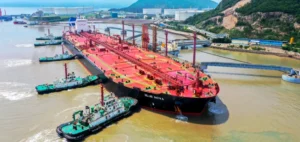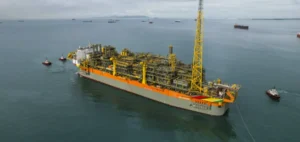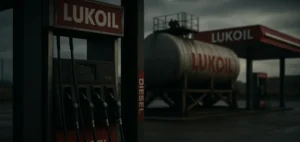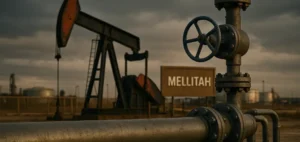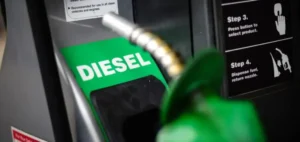The Organization of Petroleum Exporting Countries (Opec) maintained its forecast for global oil demand growth, estimating it would average 101.9 million barrels per day in 2023, a rise still driven by non-OECD countries, according to the cartel’s latest monthly report released Thursday.
For the current year, the forecast for oil demand growth remains virtually “unchanged” from its last assessment in April, at 2.3 million barrels per day over 2022. Growth in demand continues to be driven mainly by non-EU countries. the OECD (+4.21% compared to 2022), with China in the lead (+5.42%) followed by India (+4.89%), while in the OECD countries (Americas, Europe and Asia-Pacific), it is barely increasing by 0.15%.
However, Opec points out, “these forecasts are subject to many uncertainties, including developments in the global economy and continuing geopolitical tensions. “The global economy continues to face challenges, including high inflation, higher interest rates in the U.S. and the eurozone, and high debt levels in many regions,” comments Opec, which revises its forecasts monthly.
“Given the uncertainties ahead, OPEC member countries and countries participating in the Declaration of Cooperation (DoC) will continue to closely monitor market developments during the remainder of the year, to help preserve a stable and balanced market for the benefit of consumers and producers,” said OPEC, which comprises 13 producing countries, and accounted for 28.2% of global crude oil production last April.
Oil prices have fallen in recent months, to the point that the Opec+ cartel of producing countries, comprising a total of 23 countries, recently intervened by cutting production in an attempt to support them. The production of liquid petroleum products in non-OPEC countries is expected to grow by 1.4 million barrels per day compared to 2022, mainly fueled by countries such as the United States, Brazil, Norway or Kazakhstan while “decreases are expected mainly in Russia.















